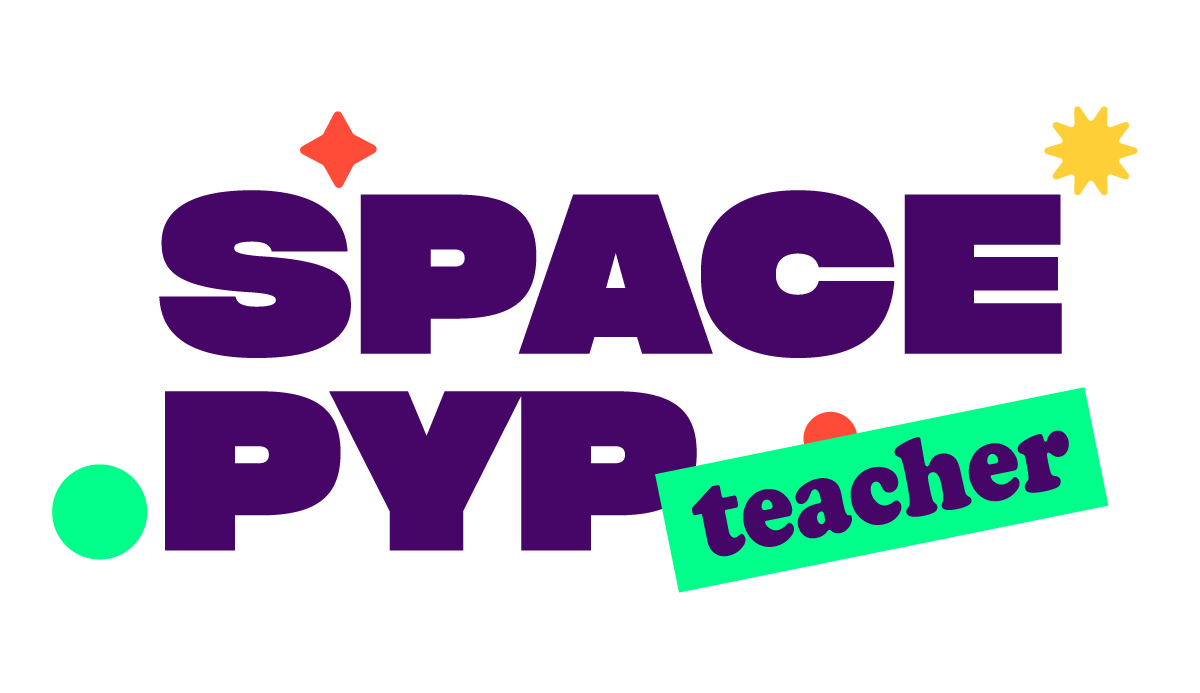Thank you to everyone who took a few minutes to read my first post. I truly appreciate it!
Today, I want to talk about student agency and how I discovered it, almost unintentionally, through my personal and professional experiences. This journey led me to develop my educational philosophy, based on the idea that students should be the protagonists of their own learning, something that the IB system calls agency.
Reflection: My First Step
As a teacher, one thing I always do—whether it’s planning my lessons or simply trying to understand my profession better—is reflect on my own time as a student. I remember how my years in school, high school, and university were, and this reflection has helped me make better decisions about what I should offer my students. Reflecting on my experiences in the classroom was the first step in understanding agency.
In high school and university, unfortunately, I encountered many mediocre teachers. Some clearly hated their jobs, and others, driven by their egos, taught subjects that were ahead of the official curriculum because “that was the level we should have.” This taught me an important lesson: what I did not want to do and what I did not want to become as a teacher. This led me to reflect on what truly fosters learning and to ask myself: What really made me learn as a student?
Curiosity: The Engine of Learning
It was during my university years when I concluded that the most valuable aspect of a student’s education is the interest they develop—their curiosity. In one class, a professor asked us to mention educational films. My classmates cited typical ones like Life is Beautiful or The Wave, but when it was my turn, I responded that any movie could be educational if it awakens the curiosity of the student. The professor didn’t like my answer and practically ignored me, but I knew I was right.
Much earlier than that class, I had already learned the value of curiosity, thanks to my father and a video game called Age of Empires. Although it was just a strategy game, Age of Empires included characters and historical events that sparked in me an insatiable curiosity: Who was Genghis Khan? Who were the Mongols? Why did they ride horses? Who was Joan of Arc? Who was Saladin? Why did European armies fear Saladin, even though he was from Africa and Europe was stronger? I asked my father all these questions, and he answered them happily. These conversations led me to learn about history long before studying it in school. I still remember many of those lessons.
This experience taught me that learning driven by curiosity is a skill we have from childhood. Children are, by nature, little investigators, and that’s something I try to encourage every day in my classroom. I firmly believe that when curiosity is awakened in a student, learning happens naturally.
Breaking Away from the Traditional Curriculum: Unlocking Students’ Potential
My Erasmus experience in Norway was another key moment in my journey toward agency. There, I observed how schools encouraged student independence and broke away from the limits of the traditional curriculum. I realized that children can do much more than we often believe if we give them the freedom to explore and experiment on their own, without boxing them into strictly divided subjects or rigid programs.
As educators, our responsibility is to prepare students to be global citizens, ready to face the challenges life will present. Subjects like math, English, or any other should be aimed at that goal: giving children useful tools for life, not just knowledge that will be tested on an exam. It’s essential to break away from the mindset that “now it’s time for math” or “now it’s time for language.” Learning doesn’t know boundaries, and curiosity certainly doesn’t.
Learning How to Learn
I learned the next lesson during my three years teaching fifth grade at ILG under the IB system. Here, I discovered the importance of teaching children how to learn. This is not a process that can be achieved in one lesson, in one month, or even in one year; it’s a skill that develops over time and that the IB curriculum wonderfully promotes. This approach is one of the reasons I feel so connected to the IB system.
Learning how to learn is key because by teaching this skill, we give students the key to face an uncertain and ever-changing future. If we teach them to be autonomous in their learning, they will be prepared to solve any situation that comes their way. In my next post, I will share some of the activities I do with my students in each unit to foster this skill.
I want to take a moment to thank ILG for the three years I spent teaching there, as it allowed me to grow as a teacher and gave me the freedom to try new ideas in the classroom. It was a time of great personal and professional growth.
Vocational Calling
Finally, we come to vocation. If there is one profession that truly requires a calling, it is teaching. As teachers, we must be curious, full of questions, just like our students, in order to infect them with the passion for learning.
From the start, I always knew what kind of teacher I wanted to be: one with a positive attitude, full of energy and passion so that students would see me as a role model. I want them to say with pride when they see me from afar, “Here comes the teacher,” with the admiration our profession deserves.
I remember once a student asked me why I was a good teacher, and I really didn’t know what to say. The truth is, I don’t do anything special: I simply enjoy class and love what I do. I like it when students ask me things as if I know all the answers or come to me for help when they need it. Lastly, I hope I can motivate more students to become future teachers.
Conclusion: My Path to Agency
So, these are the keys that helped me discover what I now understand as student agency, which shaped my educational philosophy: reflection, curiosity, breaking away from the traditional curriculum, learning how to learn, and above all, vocation. Agency is at the heart of learning in the IB system, and it is what I strive to foster in my classroom every day.


